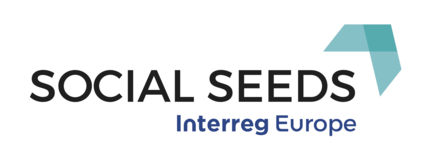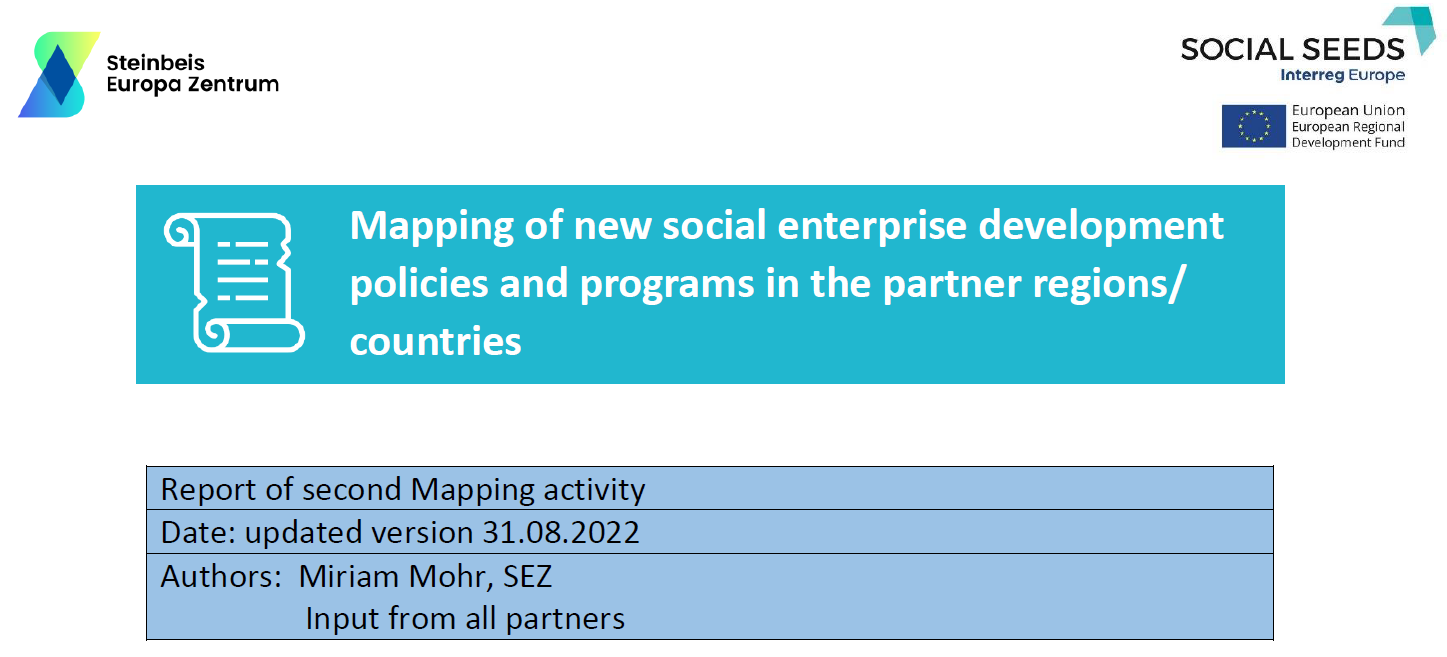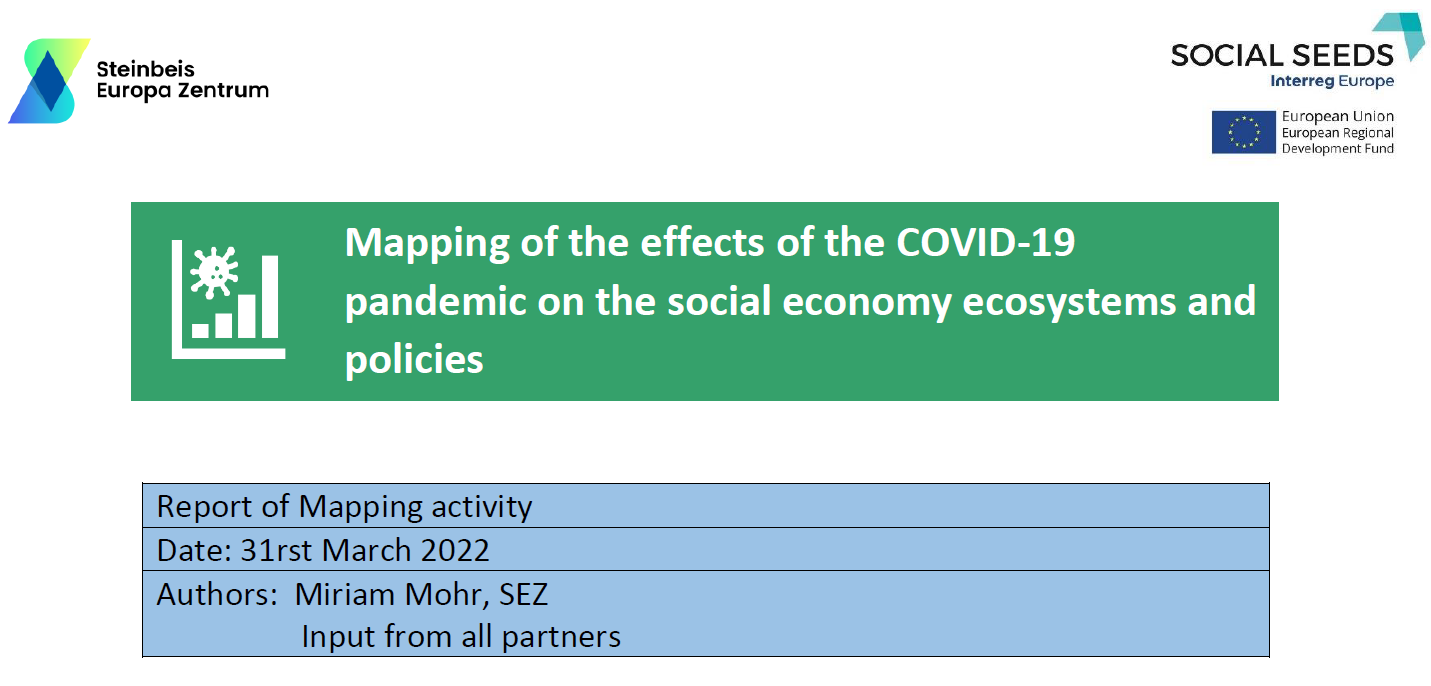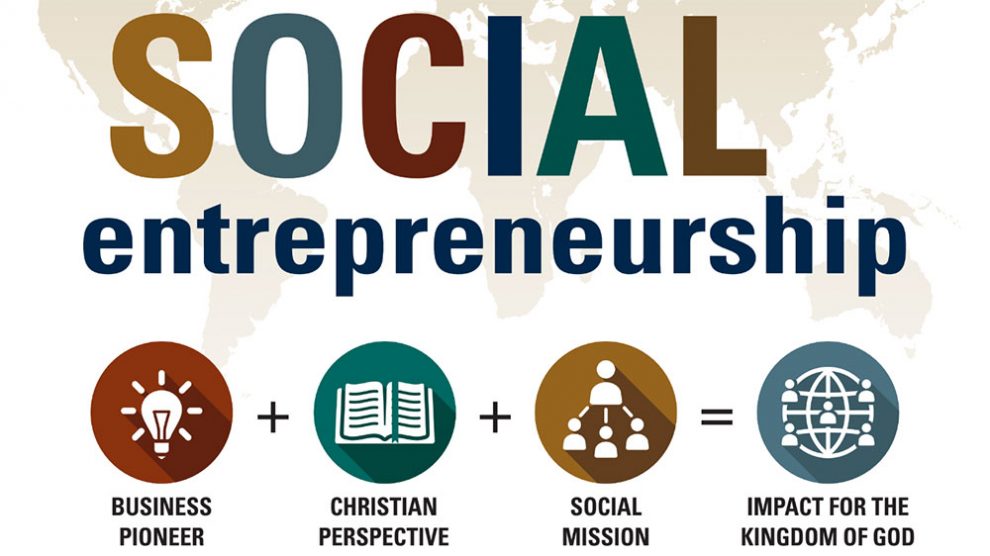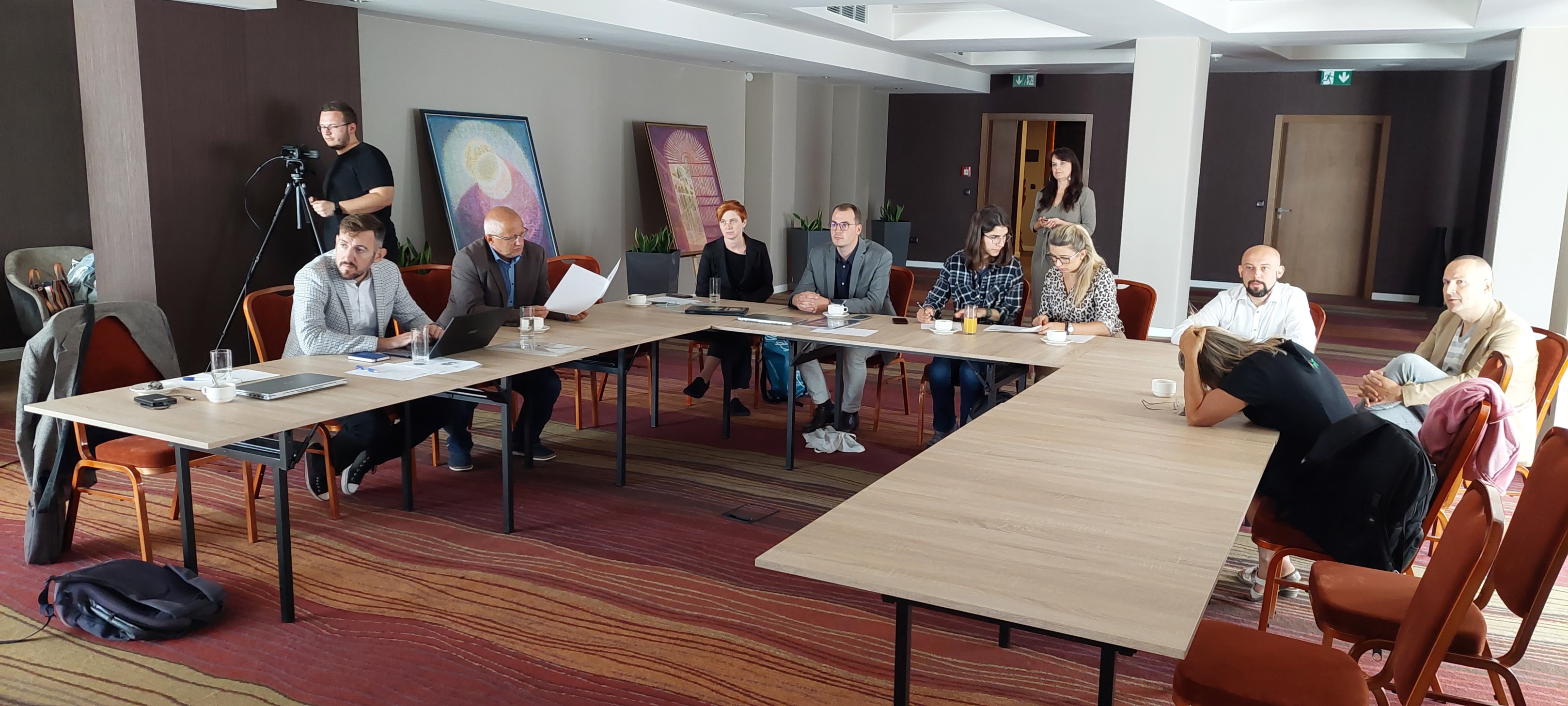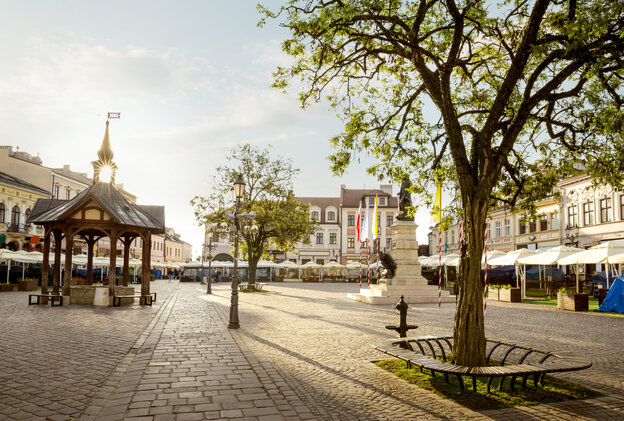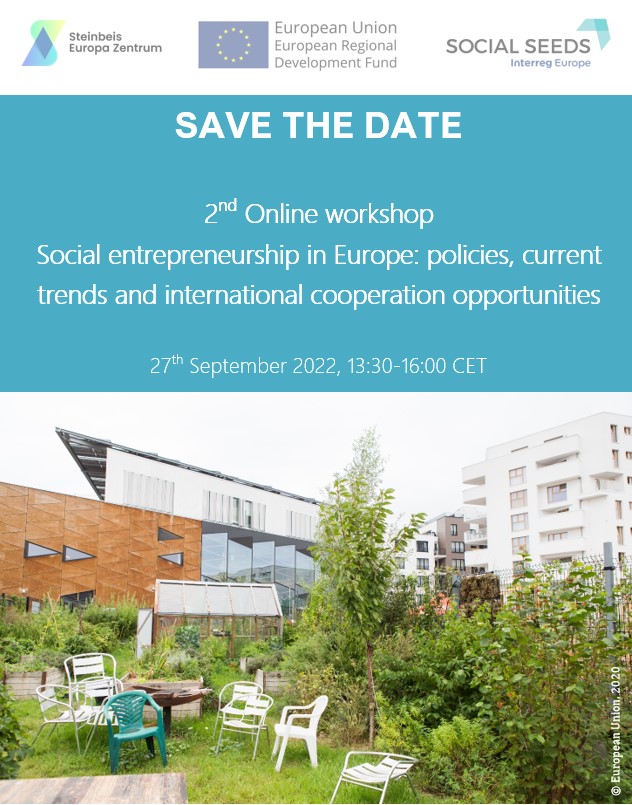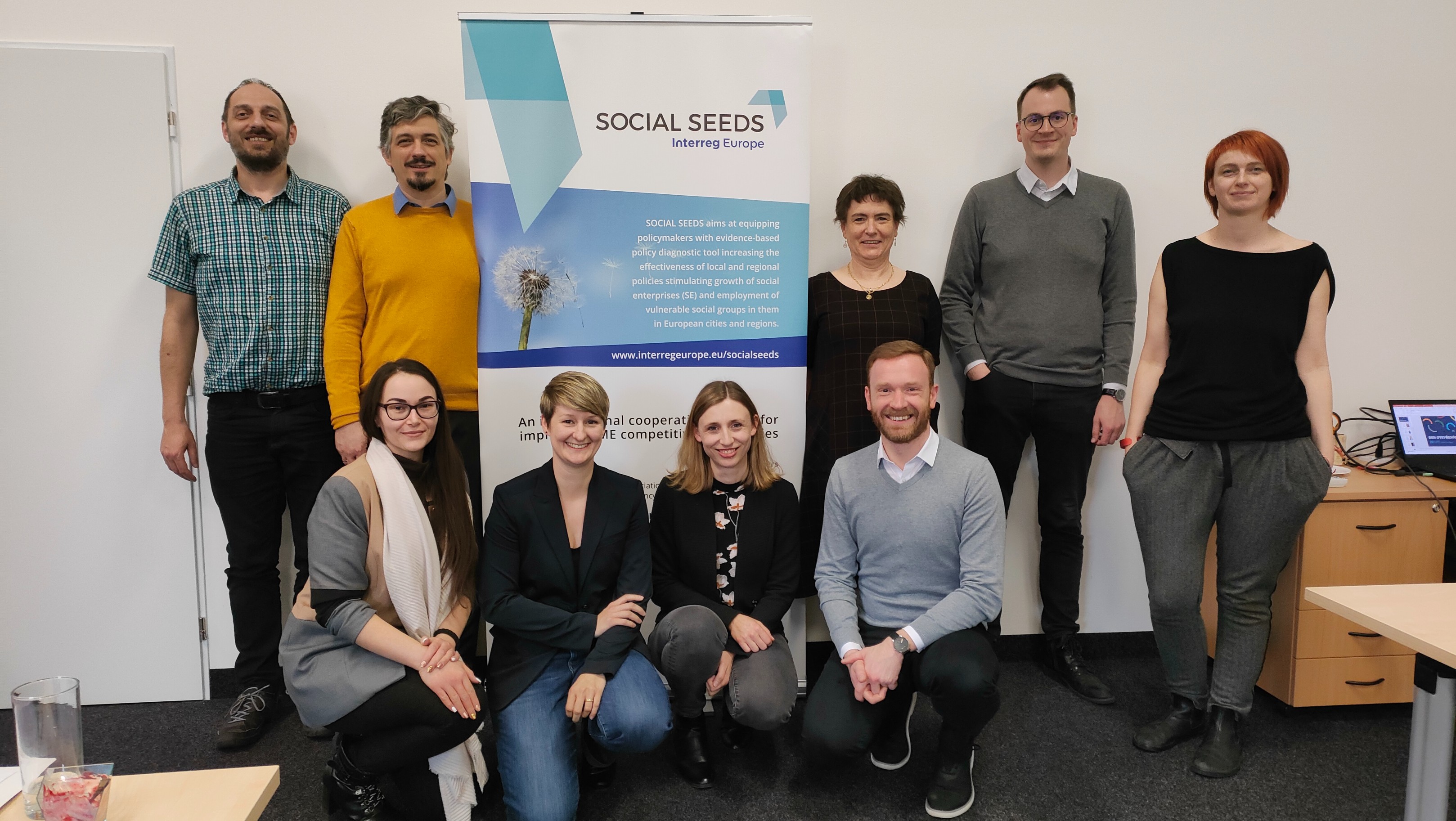Second Transnational Workshop of the Extension Period
The Social SEEDS partnership organised the 2nd transnational workshop of the extension period on the 27th of September, 2022. The objectives of the workshop were on one hand to present the project’s findings of the two mapping activities and to provide an analysis of the development of the policy instruments in the five partner countries. On the other hand, the workshop intended to offer an overview of funding opportunities in the field of social innovation and social entrepreneurship as well as of transnational cooperation opportunities for different actors from the field.
In the first part of the event, the project partners presented an overview of the policy developments in their respective countries or regions. The second part offered the opportunity to exchange ideas with actors from different countries and discuss common topics of interest and potential cooperation opportunities. In the third part, key players from the Euclid Network and from the Interreg Danube Regional Programme Managing Authority and Joint Secretariat held presentations on transnational cooperation opportunities for social enterprise development and related policies in Interreg programmes and beyond.
The workshop was opened by Miriam Mohr (SEZ) who gave a short introduction to the Social Seeds project and its recent activities.
The introduction was followed by part 1: “Policy instruments on social enterprise development” during which each partner held a presentation on how the policy instrument in their respective countries has developed over the last years. In Poland and Germany the partners focused on the policy instruments originally selected during the project development phase to be influenced. (“Podkarpackie ROP for 2014-2020, Priority Axis VIII Social Integration” in Poland and “Contact point for Research and Innovation Programs - Supporting innovation and growth potential of SMEs active in the field of social innovation and new technologies” in Germany). The remaining three partners from Hungary, Slovenia and the Czech Republic have been targeting new policy instruments being developed within the frameworks of the 2021-2027 programming period of the EU (“Economic Development and Innovation Operational Programme (EDIOP) Plus, Priority 1 – Enterprise Development, SO - Enhancing sustainable growth and competitiveness of SMEs and job creation in SMEs, including by productive investments” in Hungary; “Development plan of social services in České Budějovice municipality” in Czechia and “ROP for Gorenjska region 2021-2027” in Slovenia).
The presentations showed that social enterprise development and support policies have strengthened or at least remained on agenda over the last years in all countries. However, the sector is still highly dependent on regional and structural funds, therefore there is still a high potential to further develop programs supporting the market viability and market-based financing of social enterprises in all countries.
The presentations on the different policy instruments were followed by an interactive session for participants to connect, identify topics of common interest and develop transnational project ideas on social enterprise support and social innovation.
The last part of the workshop provided inputs regarding transnational cooperation opportunities for social enterprise development in Interreg programmes through two keynotes.
The first presentation by Gerlinde Schmidt and Suzanne Wisse-Huiskes from the Euclid Network gave an overview of funding opportunities for social enterprise policy developments. A particular focus was given to the European Funding Guide developed by the Euclid Network as well as to the new funding period of the Interreg Europe Programme. The presentation provided a valuable introduction into the funding program for participants who had no or only little knowledge about Interreg Europe and its funding opportunities.
The second keynote was held by Stephen Halligan, senior project officer of the Danube Region Programme Managing Authority and Joint Secretariat. Mr Halligan provided an introduction into the new funding period of the Interreg Danube Region Programme and how it provides funding opportunities for social enterprise development policies. Overall, projects with a focus on supporting social enterprises are most likely to be funded under the 3rd programme priority “A More Social Danube Region”, however other programme priorities also offering some opportunities if the project focuses on social enterprises in a specific field.
